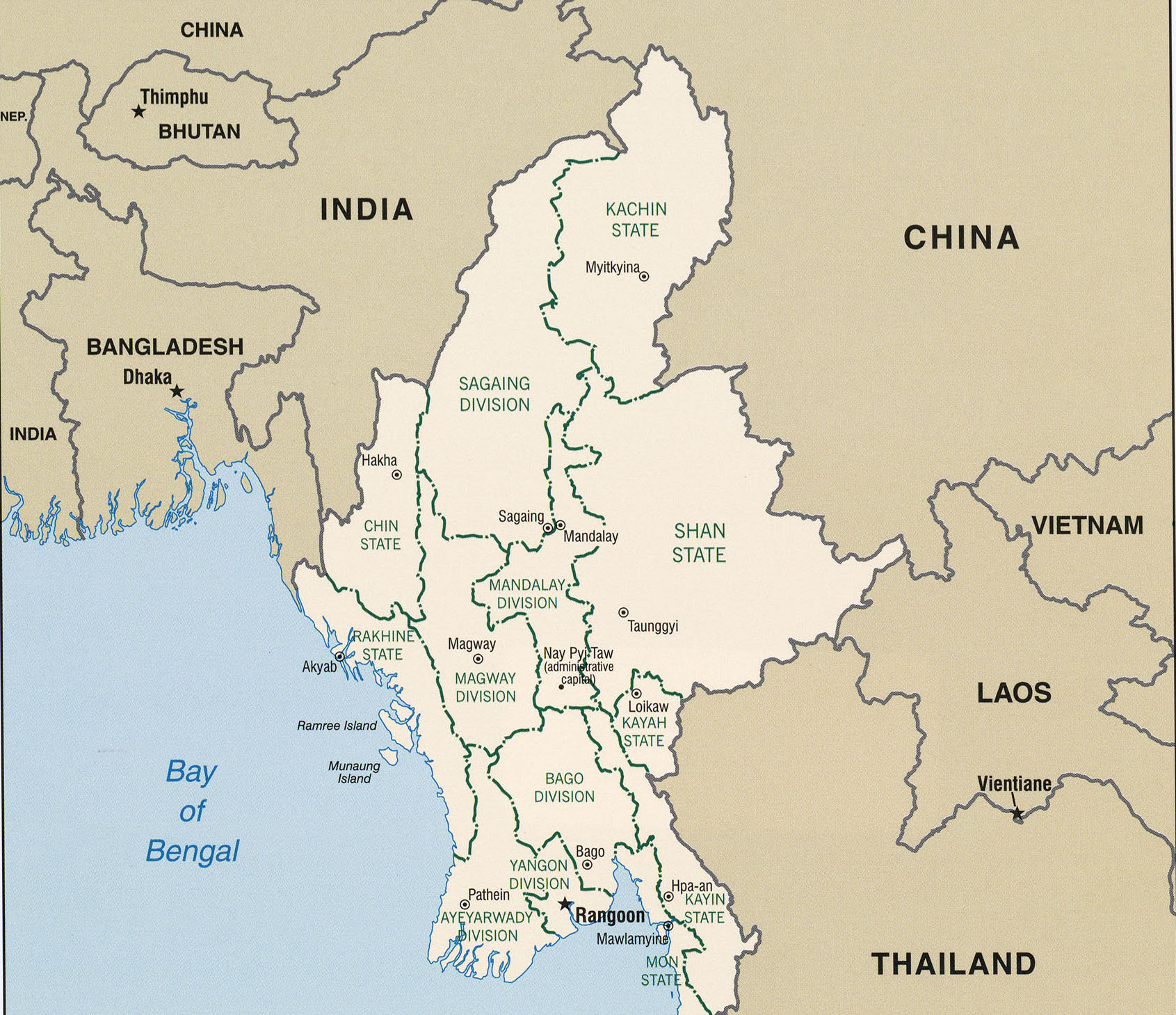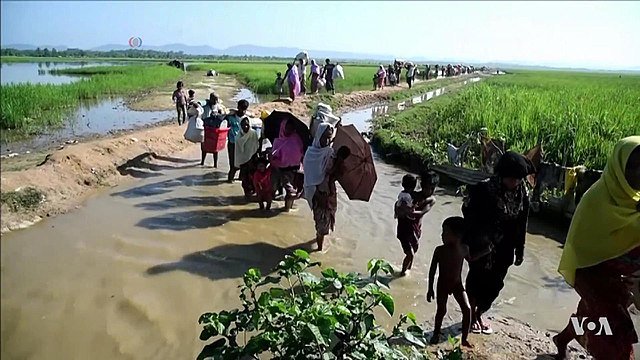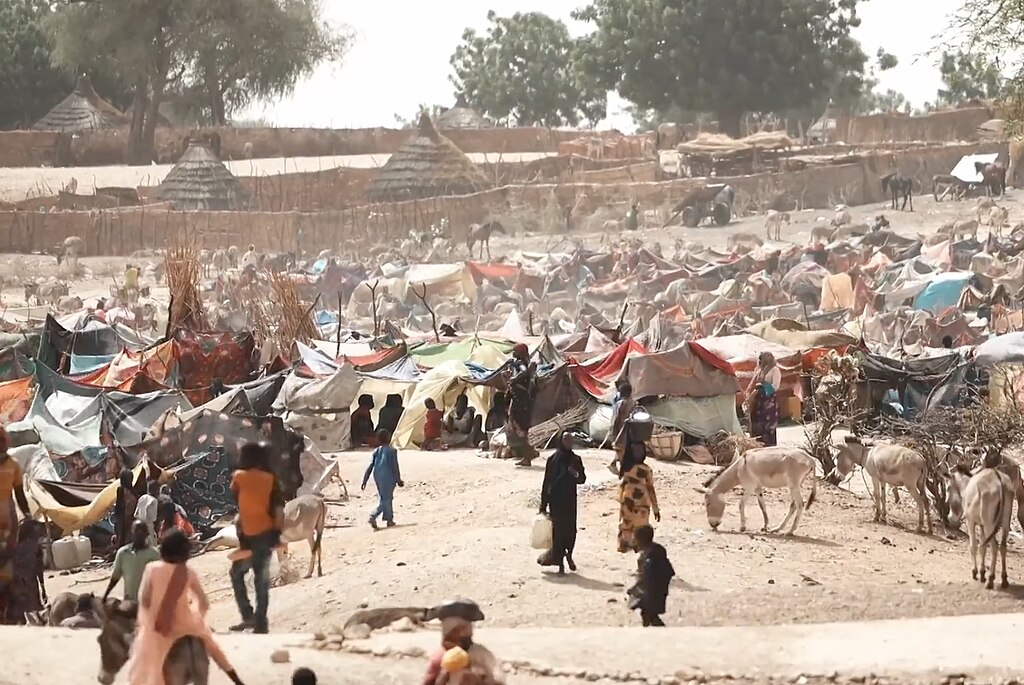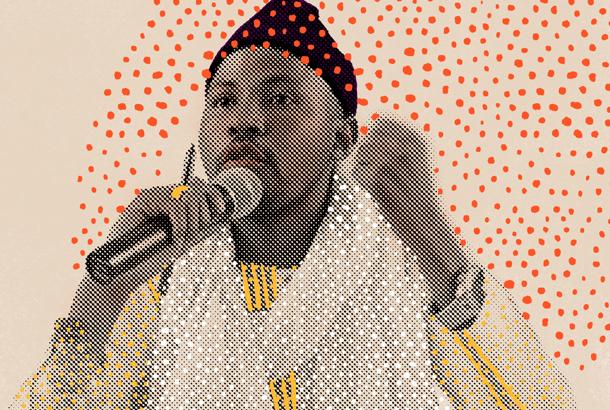
Burma: Arakan Army seizes border zone
The rebel Arakan Army announced its full control of Burma’s border with Bangladesh after the seizure of the last junta base in Maungdaw township. The rebel army said it had taken captive a general and dozens of other soldiers, including around 80 Rohingya fighters—raising fears of further reprisals against the Muslim minority. The Arakan Army seeks autonomy for the ethnic Rakhine people and is part of an alliance of armed groups that has also seized key towns in eastern Burma. The Rohingya, having long faced massive ethnically targetted attacks by the military, are now facing such attacks by the ethno-nationalist Arakan Army. In addition to Rohingya youth being press-ganged into the military to fight the rebels, some Rohingya militias are now collaborating with the junta against the Arakan Army. (Map: PCL)






